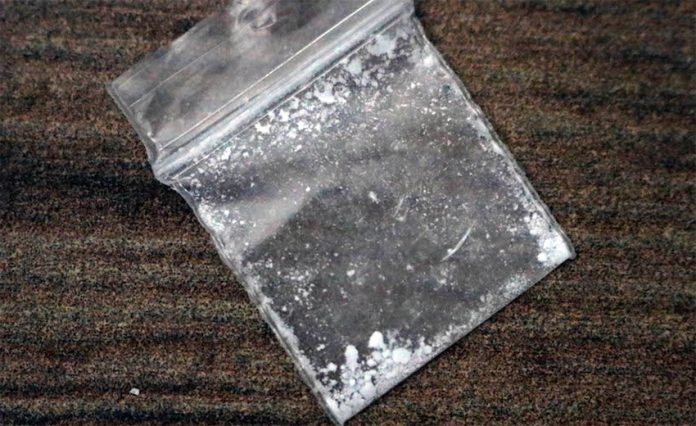Two historic court rulings that allow the possession of cocaine for recreational and personal use could hasten the debate over decriminalizing drugs.
Víctor Octavio Luna Escobedo, an administrative court judge in Mexico City, made the decisions in response to injunction requests filed on behalf of the applicants by Mexico United Against Crime (MUCD), an organization that opposes the prohibition of drugs.
“Our objective with this and other cases has been to foster public discussion about drugs and force the reorientation of security policy. We want to promote different strategies through innovative means and up to now we’ve been successful,” said director Lisa María Sánchez Ortega.
The judge attached a range of conditions to his “authorization” for the two people to use cocaine.
Consumption is limited to 500 milligrams per day and the users must not drive vehicles, operate machinery or engage in employment while under the influence of the drug. They are also prohibited from using cocaine in public places or in the presence of minors and must not attempt to induce others to consume the drug.
Justifying his rulings, the judge said that cocaine can be used for a variety of reasons including “tension relief, the intensification of perceptions and the desire [to have] new personal and spiritual experiences.”
The injunction requests argued that prohibition of cocaine violates the constitutional right to “free development of personality.”
Luna’s rulings are backed by a report from the National Commission Against Addictions that says that cocaine consumption doesn’t pose a “significant risk to health, except in the case that it is used chronically and excessively.”
But the judge’s decisions could be overturned.
At the request of the health regulatory agency Cofepris, Luna’s rulings are to be reviewed by three collegiate court judges.
If the judges ratify the rulings, the decisions will stand. If they don’t, there is no legal recourse for the applicants. Another possibility is that the collegiate court will refer the matters to the Supreme Court.
But regardless of which court hands down the rulings, they will be definitive and not open to appeal, said MUCD lawyer Víctor Daniel Gutiérrez Muñoz.
Sánchez said that Mexico United Against Crime is not seeking a court declaration that the prohibition of cocaine is unconstitutional, as occurred with marijuana in February.
“We’re not pursuing massive injunctive relief and there won’t be a campaign similar to #CannabisConPermiso [Cannabis with permission] . . . This is the first time that, in the first instance, [an injunction request] has been resolved in the affirmative and what that tells us is that there is a different way to deal with the issue of drugs from the judiciary,” she said.
Sánchez explained that if more judges grant authorization to use cocaine, MUCD could consider calling on lawmakers to legalize it.
“Drug policy reform doesn’t start and end with cannabis, the rest of the markets should also be regulated,” she said.
“[The cocaine rulings] are a step to generate debate. We want to foster discussion about an issue that continues to be taboo and we have to work with [different] sectors of society. . . Current drug policy is a failure in all respects,” Sánchez said, charging that there is too much emphasis on prosecuting drug users rather than traffickers.
Before she was sworn in as interior secretary, Olga Sánchez Cordero said that then president-elect Andrés Manuel López Obrador had given her a “blank check” to explore the possibility of legalizing drugs as well as any other measures that could help restore peace to the country.
However, Congress hasn’t legalized any narcotics since the new government took office in December and violence has increased.
But the MUCD director said she has met with lawmakers of all political persuasions including representatives of the ruling Morena party and expressed confidence that debate about the impact of drugs on society – and court rulings – could ultimately lead to their decriminalization.
“The first rulings related to cannabis in other countries are 20 years old. However, there are no precedents of similar judicial decisions with other drugs. Mexico and its judicial rulings are setting important precedents for other courts,” Sánchez said.
According to the 2016-17 national drug and alcohol survey, 3.5% of Mexican adults have used cocaine, while 9.9% of respondents admitted to having used an illegal substance at least once.
Source: Animal Político (sp)
